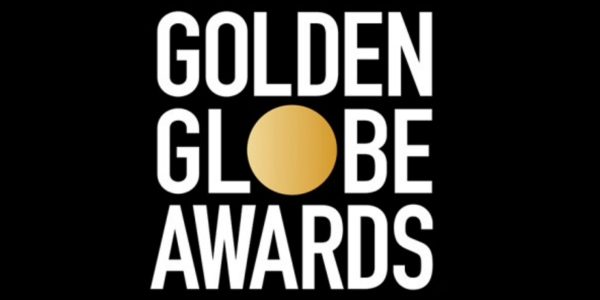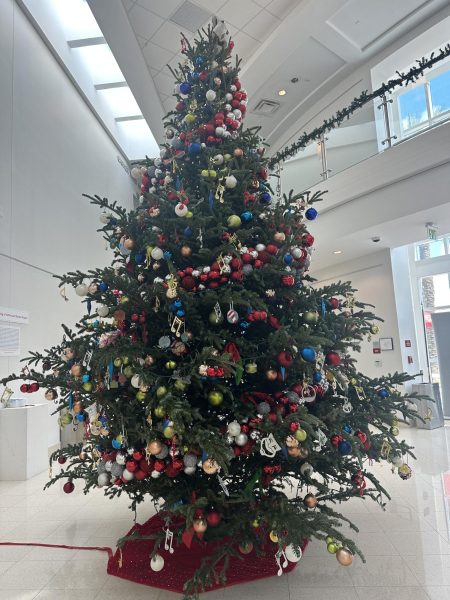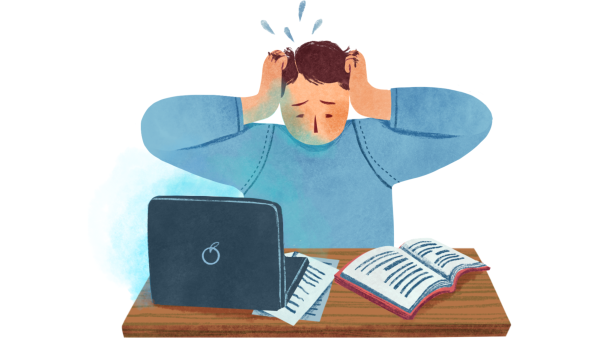Letter to the Editor: “What’s Good?” is Problematic
DISCLAIMER: This letter was anonymously written by an MCDS student and does not reflect the views of the Spartacus Staff.
Dear Editor,
We need to talk about Nicki Minaj.
Back in July, when school was not yet in session, the VMA nominations had come out, and something was missing. For Reasons Not Officially Known, Nicki Minaj’s “Anaconda,” the most iconic music video of the year, had been omitted from the nominations for best video. Minaj took to twitter, stating that the snub was racially motivated. What followed was a disgusting display of tone policing and White Feminism from Taylor Swift and Miley Cyrus.
All this led to Nicki Minaj’s legendary utterance of “Miley, what’s good?” upon the VMA stage. The internet exploded, Cyrus had messed with the wrong artist. Minaj received an outpouring of support from all directions. It was a moment that no one between the ages of 13 and 33 is likely to forget for a very long time.
For this reason, I can understand why it would be tempting to adapt her words for use in daily life. I can understand why people think it’s okay to make light of the scenario and put it in the context of Homecoming.
But make no mistake. Making a sign reading, “Juniors, what’s good?” with a picture of the music icon is not okay.
Nicki Minaj faces the particular brand of oppression experienced by black women in the public eye in her daily life. And it is incredibly courageous for her to speak out against this oppression as she so often does. Appropriating her words for something so frivolous as a Homecoming rivalry diminishes her feelings as much as the comments made by Swift and Cyrus accusing her of being too angry. By using her words in this way, we ignore the importance of the context in which they were spoken, we ignore the struggle of black women.
And yes, it is easy to respond to this issue with, “they’re just kidding” or “it’s obviously a joke,” but that, Editor, is the exact problem. Had the juniors been oppressing the seniors to the degree that black women are oppressed in our society, there would be no issue with the use of Minaj’s phrase, but the fact that the words she used to defend herself against her oppressors are seen as a joke speaks to a larger problem within our society.
Sincerely,
A Concerned Student.






